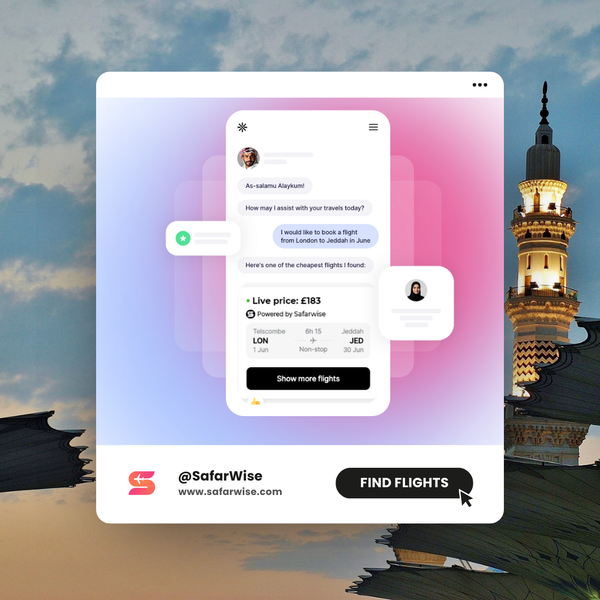Why Private AI Is the Real Competitive Advantage for B2B Companies

Introduction
Every B2B leader today hears the same pitch: “AI will revolutionize your business.” Vendors push cloud APIs, SaaS dashboards, and “plug-and-play” AI solutions. But for companies dealing with sensitive contracts, supply chains, financials, or client data, the risk of handing everything to a third party is too high.
That’s why the future of AI in B2B isn’t about public APIs. It’s about private AI systems built and deployed inside your environment, tuned to your business, and fully under your control. At Engycs, we’ve seen firsthand how private AI prototypes become a strategic advantage, not just a technical experiment.
The trust gap in B2B
B2B is built on trust. Clients share invoices, contracts, product data, health information, logistics details and things they can’t afford to leak.
A survey by Cisco’s Data Privacy Benchmark Study 2023 found that 92% of organizations say customers will not buy from them if they don’t trust their data handling.
If you’re a logistics company and a partner sees their shipment data in a leaked AI prompt, the relationship is gone. If you’re a healthcare vendor and patient data leaves your walls, regulators step in. Trust isn’t marketing fluff. It’s survival.
Why private AI matters more in B2B than B2C
B2C companies may get away with cloud-based chatbots that recommend shoes or write product descriptions. For B2B, the stakes are higher:
- Contracts: often worth millions, with sensitive terms.
- Compliance: GDPR, HIPAA, ISO, sector-specific rules.
- Relationships: long-term partnerships where one mistake kills years of trust.
Private AI allows B2B companies to innovate without compromising the foundations of their business.
Case 1: Finance – internal compliance assistant
A mid-size finance firm needed faster reporting for regulatory checks. Sending data to public APIs was out of the question. They built a private AI assistant running in their secure cloud.
Result:
- Compliance reports produced 3x faster.
- No risk of sensitive financial data leaving the environment.
- Auditors praised the internal safeguards.
Case 2: Logistics – predictive planning
A logistics company struggled with capacity planning. Data was scattered across internal ERP systems and partner portals. A private AI prototype unified the data and allowed planners to query scenarios in natural language:
- “What routes are at 80%+ load capacity next week?”
- “Where did delays spike last quarter?”
The AI didn’t just answer questions but it created also predictive insights. And because the system ran privately, no customer or partner data left their infrastructure.
Research insight: where B2B companies stand
According to PwC’s AI Business Survey, only 35% of companies have moved AI projects into production. Most are stuck in pilots.
The top blockers?
- Data privacy concerns.
- Integration with legacy systems (ERP, CRM, SAP).
- Fear of regulatory exposure.
Private AI directly addresses all three. It meets compliance, integrates locally, and builds trust.
Private AI as a competitive weapon
Private AI isn’t just a defensive play. It’s an offensive advantage:
- Faster decision-making
Teams no longer wait weeks for reports. They ask the system and get answers in seconds. - Client confidence
When you can tell a client, “Your data never leaves our walls,” it becomes part of your value proposition. - Talent retention
Analysts, managers, and engineers prefer tools that reduce drudge work while respecting professional standards. - Freedom to experiment
Without compliance risks, companies can test prototypes rapidly and see what sticks.
Example: healthcare supplier
A healthcare supplier serving hospitals wanted to analyze procurement patterns. Normally, this required external consultants and long report cycles.
With a private AI prototype, procurement managers could query spend patterns instantly. The sales team used the same system to identify cross-sell opportunities without ever exposing hospital data to an external service.
That confidence became a selling point. Hospitals chose them over competitors who couldn’t guarantee full data control.
Strategic insight
Gartner predicts that by 2026, 75% of enterprises will move from piloting to operationalizing AI. But B2B companies that operationalize without private AI safeguards will run into resistance from clients, regulators, and even their own employees.
The winners will be those who combine two things:
- Business trust (compliance, privacy, governance).
- Operational speed (prototypes, sprints, rapid iteration).
Private AI is where those two meet.
Takeaways
- In B2B, trust and privacy are not optional—they are the business.
- Public AI tools can be useful, but they won’t handle your core processes.
- Private AI unlocks speed, experimentation, and predictive insight without compliance risk.
- Companies that move first will use privacy itself as a selling point.
Closing
At Engycs, we see the pattern everywhere: B2B companies don’t want hype. They want leverage. They want prototypes they can test internally, scale safely, and present to clients with confidence.
Private AI isn’t a side project but it’s the new battleground for competitive advantage in B2B.
👉 Want to see what a private AI prototype could look like for your industry?
Start with an Engycs sprint.




